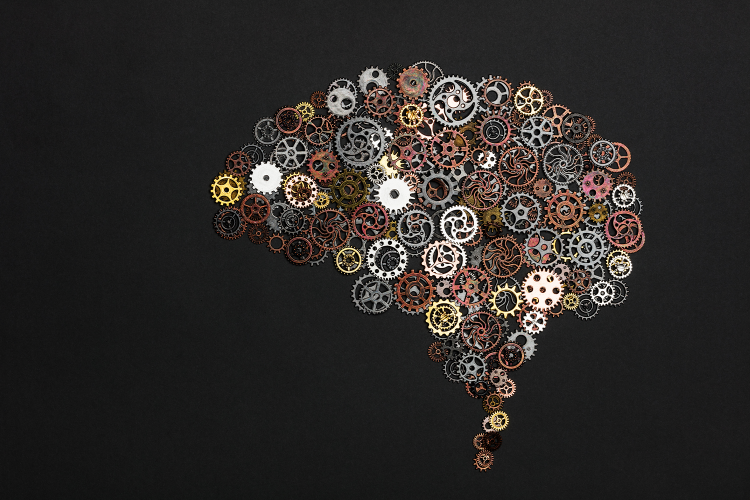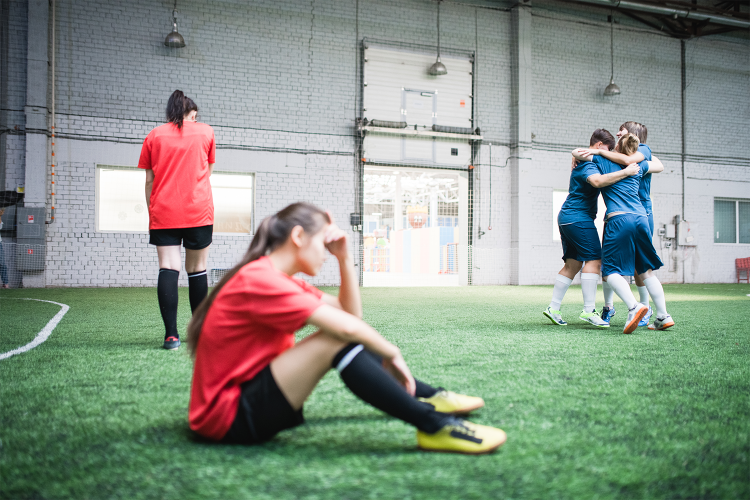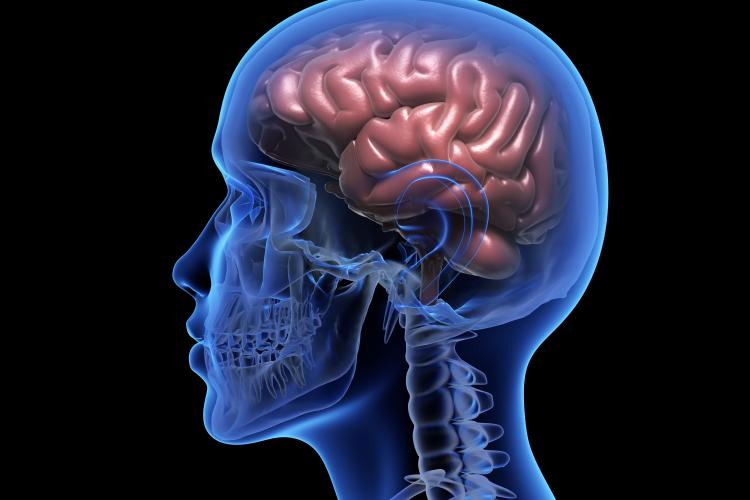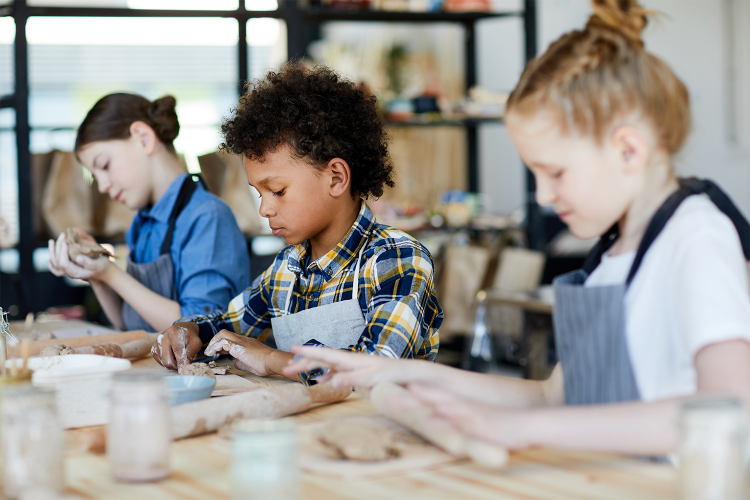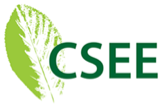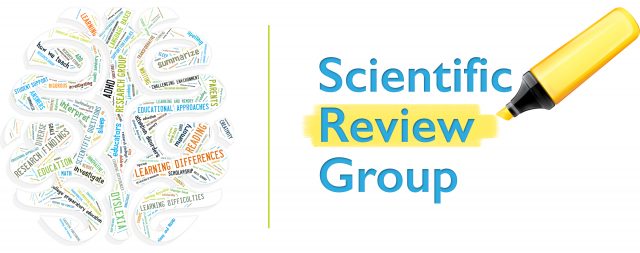
Scientific Review Group
Formed in 2012, the Scientific Review Group at The Lab School started by identifying and seeking answers to important scientific questions that impact how our students learn, and how we teach. These questions range from the nature of reading to how sleep impacts learning and memory to investigating the efficacy of the latest educational approaches and interventions.
The members of the Scientific Review Group are diverse and include educators, related service 2providers, and administrators. In addition, we have used this group to build relationships with researchers from area universities interested in building collaborative relationships with Lab.
Each year, the Scientific Review Group selects one or two primary areas of inquiry. Once an area has been identified, the group begins by collecting the most recent, comprehensive, and informative research studies that have been published on the topic. Group members then divide up the articles, each focusing on particular areas of interest, and begin to review and digest the studies, the relevant findings, as well as questions that remain unanswered. The group then gathers and discusses what they have found in their readings, exchanging viewpoints and perspectives, and identifying the most important points as well as important controversies. The final step involves group members each identifying a specific question, and writing brief summaries of what they found to answer that question. Throughout, the intent is to boil down research findings to their core, so that they speak to questions that teachers and parents have, and indicate what the current state of the science has to say on the topic.
The purpose of this research group is to summarize and interpret specific research areas for an educationally-inclined audience. These summaries are not meant to be comprehensive research summaries for a scientific audience, but rather brief summaries of recent and relevant research findings that may be applicable to educators, parents, or others involved with children. Though not peer-reviewed in the scientific sense, we have edited each other’s work for clarity and accuracy, while respecting the differences in interpretation that are inevitable with complex research findings.
Noel Bicknell, MA
Head of Academic Clubs, Academic Club Teacher
Colleen Blair, MS
Elementary Homeroom Co-Teacher
Doug Fagen, PhD
Director of Reservoir Psychology Group
Maggie Kleber, MS
Speech-Language Pathologist, Reading Specialist
Laurie Matz, MS
Associate Director of Speech-Language, Reading Specialist
Nancy Rowland, MA
Associate Director of Admissions
Katherine Schantz, EdM, C.A.S.
Head of School
Jodi Susser, MS
Reading Specialist
